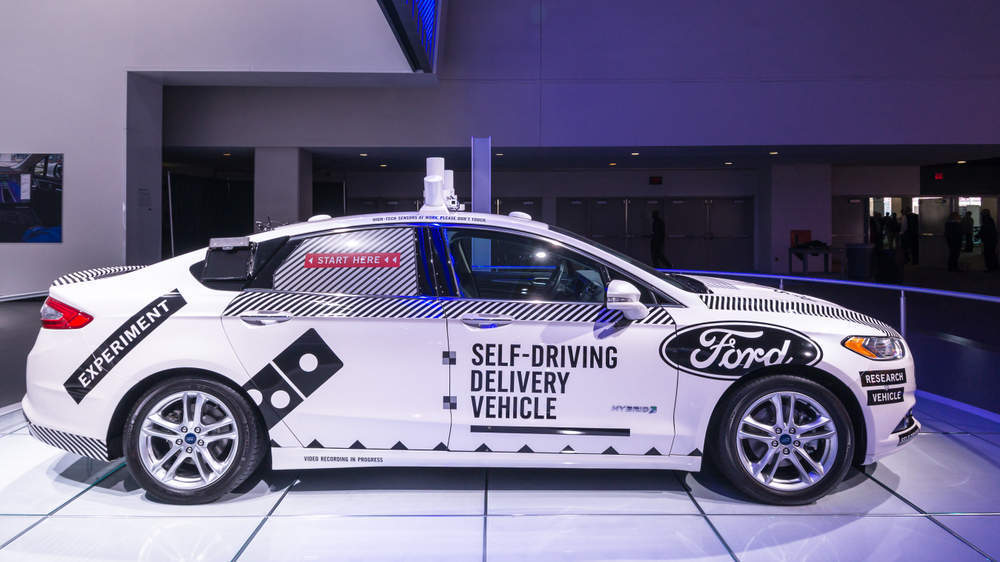
Despite the likes of Google, Apple, and Uber going all in on self-driving cars many Americans are sceptical about artificial intelligence taking the wheel.
A survey of around 3,200 US adults found that 59 percent of respondents said they would be uncomfortable riding in a fully self-driving car on a daily basis, and 62 percent said they would be uncomfortable sharing the road with fully self-driving trucks.
The findings — published by Northeastern University and Gallup — today revealed older generations are more against the tech, with one in four saying they are “likely” or “extremely likely” to use fully self-driving cars.
By some estimates, 10m self-driving vehicles will be on the road worldwide by 2020 and many US workers are likely to be made unemployed if the tech takes off.
Some of the big tech companies as well as traditional car makers have invested millions of dollars into the development of self-driving cars and trucks.
The development of self-driving trucks is viewed as posing less difficulty than self-driving cars because of their primary use on open stretches of road, and the trucking industry is seen as primed for automation.

The youngest adults and those with the highest levels of education are among the most likely to be comfortable sharing the road with self-driving trucks, the survey found, with men are twice as likely as women to say they would be comfortable sharing the road with self-driving trucks, 28% against 14% respectively.
However, the report authors warn against taking the findings too seriously.
They wrote:
Americans have previously underestimated their potential adoption of new technology. Nearly a quarter (23%) of US adults said they would never get a cellphone in Gallup’s survey on the issue in 2000. In the decade and a half since, cellphones have become virtually ubiquitous. It is possible a similar pattern of adoption of self-driving vehicles may also occur.
The self-driving car has arrived
The opposition to self-driving cars may have come too late to make any real difference to the industry.
Earlier this week Google’s driverless taxis received permission to launch a commercial ride hailing service similar to Uber’s, using the automated technology on the streets after being given the green light in Arizona.
Waymo, parent firm Alphabet’s self-driving car unit, will make the car available to the public later this year.







